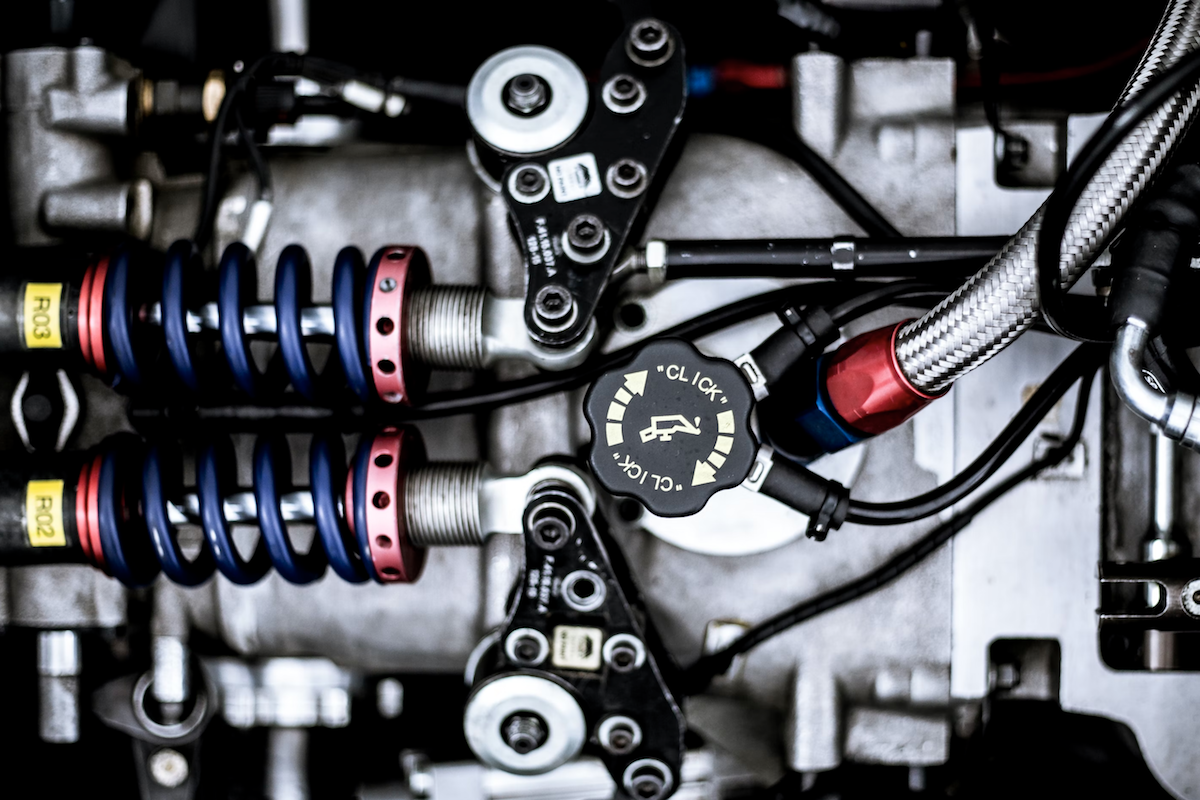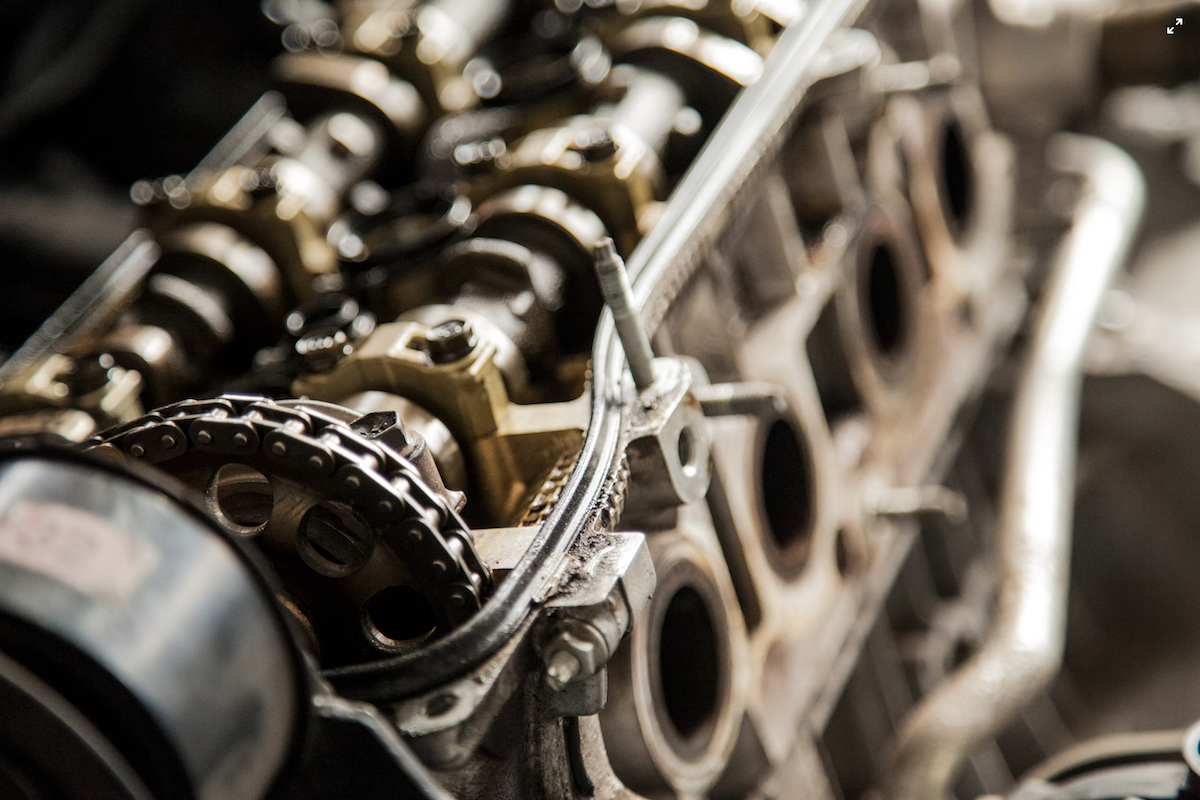OEM Parts: Essential Things You Need To Know
Vehicle maintenance is the most important part of car ownership. However, sometimes it might be difficult to find the right parts and to keep your vehicle in the best condition. When it comes to part replacement, people generally wonder if it is worth sticking with genuine parts of the vehicle’s make and model, or if they should just opt for aftermarket parts that are cheaper.
It’s natural to wonder about such things. However, it can be comforting to know that most of the parts you will ever need to replace were likely outsourced to another company, even if the label says they are made in-house. It’s rare, and sometimes expensive, to make auto parts in-house and that’s why even the most renowned car manufacturers opt to outsource.
It also may not be economically feasible to make the parts in their own factories, depending on the vehicle manufacturer. Sometimes, there isn’t enough space, or the cost of specialized equipment required to make the parts exceeds the profit margin.
Since the topic of original equipment manufacturers has been gaining a lot of popularity lately, we decided to explore everything OEM-related.

The quality of OEM parts
Auto enthusiasts around the world strongly believe that OEM parts are the real deal as the manufacturers that make them are experts. For example, if an important part broke down such as the engine, you will definitely want to go for the original engine manufacturing backed dealership repair to ensure that your vehicle will operate optimally for years to come.
OEM parts are specifically made for a certain make and model so it’s important to browse the shops carefully and if you are not the world’s greatest auto enthusiast, look for advice to help you find the best part for your vehicle.
The packaging
Packaging is a key difference between OEM parts and non-OEM parts. When you look at the OEM packaging it will state that the part is genuine, which will lead you to think that the quality is supreme and you won’t have any problem with the new part. But that might not always be the case because different parts can vary in quality depending on the manufacturer in question. While some parts can last for many years, others may be completely ruined upon unboxing. It’s impossible to predict whether a part is of great quality by simply looking at the packaging.
So, if the original car manufacturer decides to outsource their part manufacturing tasks, how do they get into contact with a part manufacturer to seal the deal? It all starts while the vehicle is still on the assembly line. Part manufacturers will enter negotiations with vehicle manufacturers and offer to make replacement parts for that make and model. The company will manufacture the parts for as long as the deal is penned only for the specific car company but after that, the part manufacturer can sell parts to various auto shops around the world.
If you are wondering whether you will get an OEM part if you take your car to a repair shop, the answer is probably no. However, if you take it to a dealership then you will most definitely get an OEM part. Bear in mind that taking your car to a dealership for repairs is much pricer than regular vehicle repair shops.
Are OEM parts safe and should you buy them?
The parts go through different durability tests before they are deemed fit for use. This indicates that they are completely safe for use. Comparisons have been made over the years between aftermarket and OEM parts but there hasn’t been a study that confirms that one trumps the other.
The type of part you decide to buy is generally up to you and your budget as OEM parts are pricier than aftermarket ones. OEM parts in theory are superior since they are made for your vehicle’s specific make and model. But time has shown that aftermarket parts can get the job done successfully.
Final thoughts
OEM parts manufacturers boast that their quality is superior, but aftermarket parts are also of great quality. The parts you chose to go with will largely depend on your current preference and budget. If you have any further questions, make sure to talk to your local mechanic or visit your nearest dealership.

